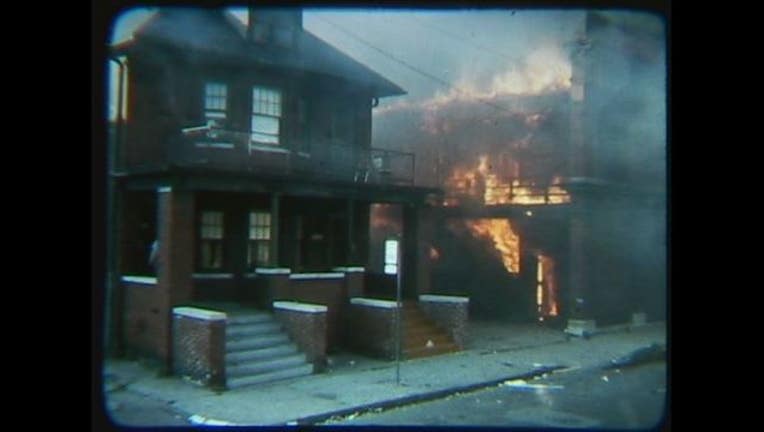'When you have nothing, you can't lose anything'

What started on the corner of 12th and Clairmount was later dubbed the 12th street riots. But was it a riot, rebellion, or an uprising? The answer is more than just black and white.
"This is a racial incident. It represents a racial rebellion that goes from coast to coast. In the city of Detroit it represents one simple thing: black people want control of black communities," Rev. Albert Cleage said in 1967,
In June and July of 1967, many major cities experienced riots. From Boston to Tampa to Memphis and up to Minneapolis, major cities experienced some form of rebellion but none to the extent of Detroit. In all of those cities, the uprising was quelled within a day or two. It took four days for tempers to calm in Detroit.
What have we learned? 50 years later, what has the city of Detroit learned and what about the nation? Are we using those four days as a teachable moment in race relations?
Rev. Wendell Anthony says this is common sense.
"Do we want to go back to that? And I think the answer is no. So if you don't want to go back to that, if you don't want to have a repeat of 67 what do we do? Learn from history. This don't take no PhD. Jobs, economic opportunity, educational system - we want the same thing that everybody else wants. We want the same things. No different here. so I'm simply saying I don't know why we complicate this."
Perhaps one witness said it best: "When you have nothing you can't lose anything."
TV 2 reporter Sylvia Wayne was on the Pingree that summer between Linwood and LaSalle. Eleven homes in the 2400 block of Pingree were burned out. One of the residents of the street gave his point of view of what happened those days.
"Well, in my opinion it just led from frustration, to me, you know, frustration to try to get things that are denied to you, which have been denied, that they are not denied... well... when you can't get something... eventually.. you know I'm a psych major and I've heard before that frustration lives through aggression and that's what has happened."
He then made a prediction that this could happen again.
"I think that there may be a time after this for so called complacency, if nothing happens, and it'll happen again. It may take another 20 years, but I doubt if it'll take this long again.. because like the people here.. they have nothing now. And when you have nothing you can't lose anything."

